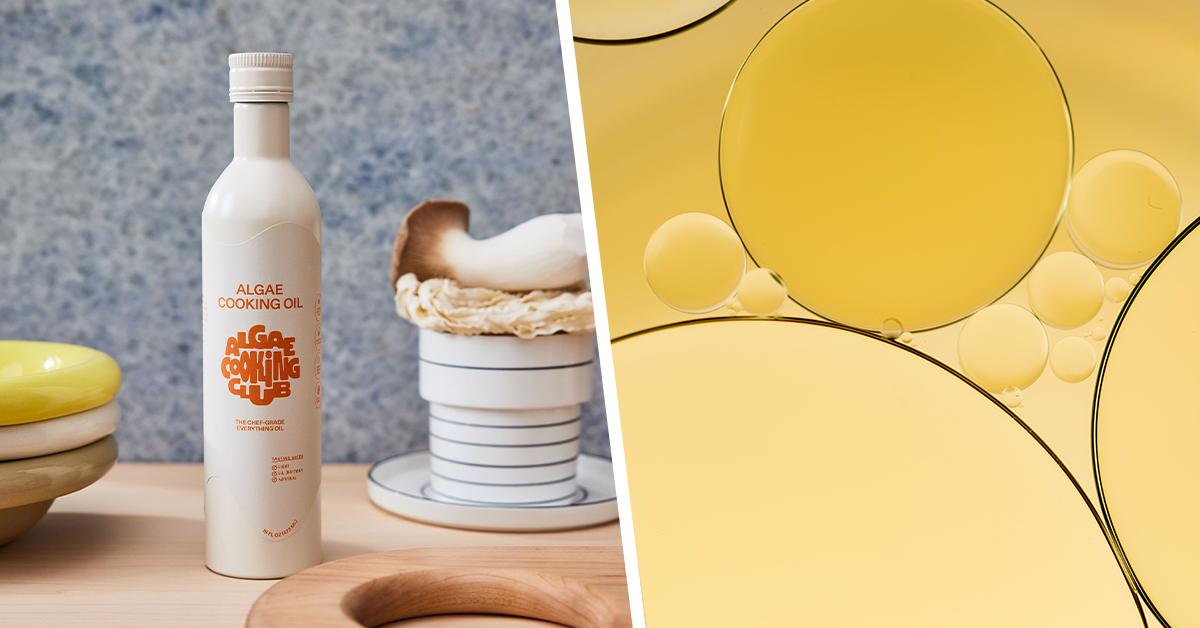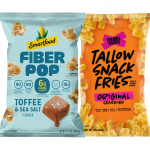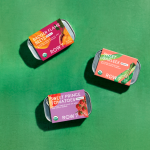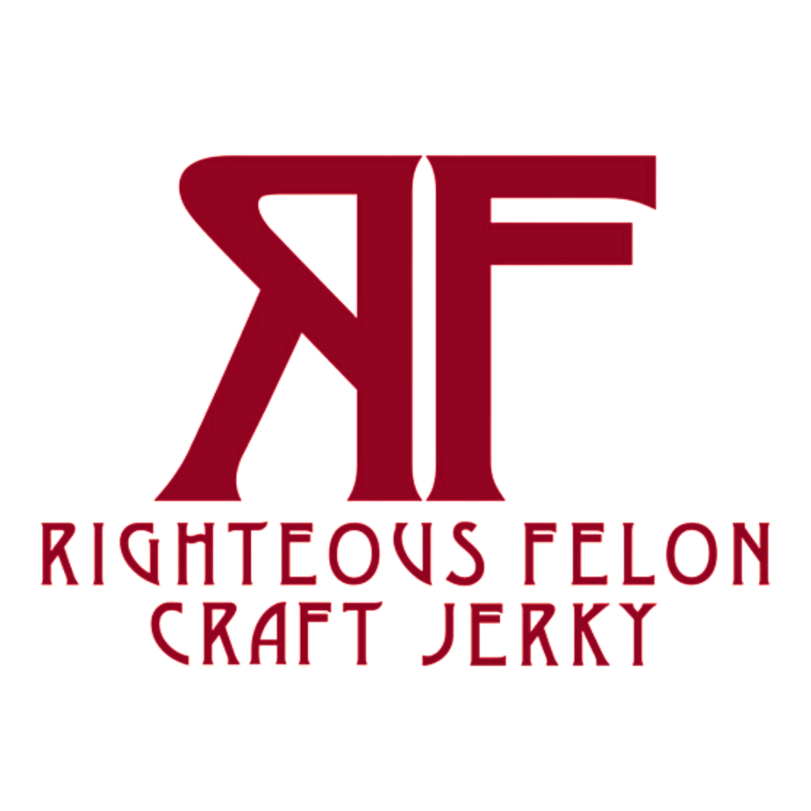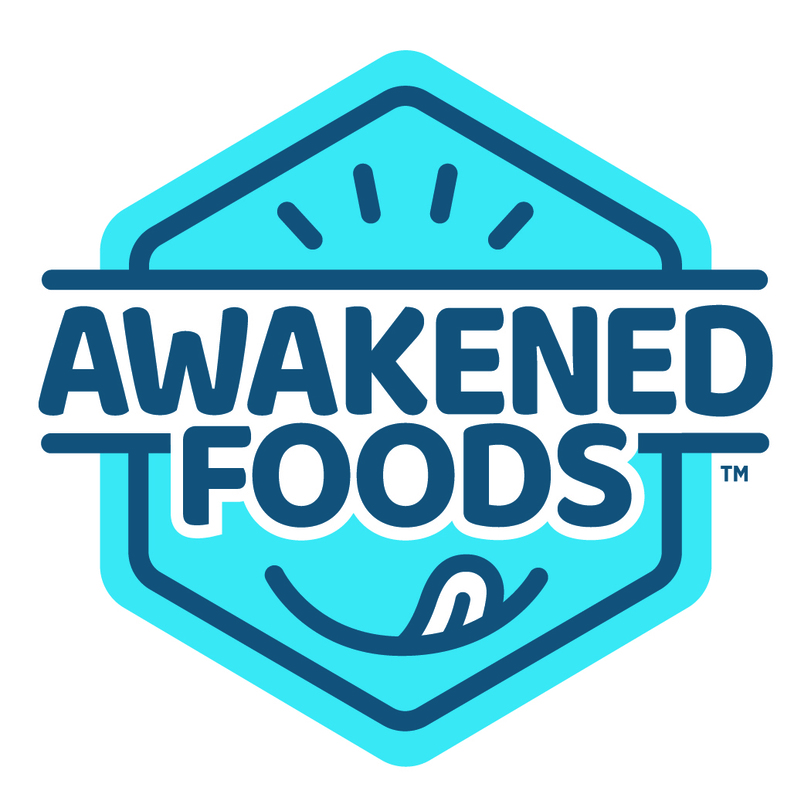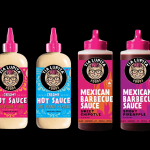Making Waves With Microalgae: Meet Algae Cooking Club
That is because the ingredient ACC uses for its hero product never lives in the open ocean. It is made from microalgae, a single-cell plant species which unlike macroalgae does not need a marine environment to live and can be produced en-masse inside fermentation tanks.
When the Delaware-based company announced the launch of the first cooking oil made from algae in early February it also highlighted a few of the product’s key attributes to hook interest: a high smoke point of 535°F, a complete set of omega-9 fats, a low environmental footprint and the approval of the chef at Eleven Madison Park, just to name a few. Coupled with an absence of color and flavor, the oil immediately stood out from the cooking oils already available on the market.
Why algae?
Founder and CEO Kasra Saidi has a wide range of experience in food, spanning from being a runner up for a spot on “Master Chef” to helping his sister, Roxana Saidi, launch pistachio milk brand Táche in 2020. But it wasn’t until a stint at NYC-based venture firm Squared Circles that Saidi got interested in algae.
He described the incubator and accelerator side of the firm as being “on the cutting edge of finding new materials to bring to the market that offered a better experience and were better for the planet.” Squared Circles has invested in a number of CPG brands including Ghetto Gastro, Minus Coffee, Mud\Wtr and ZenWTR, among others.
Two years ago, while serving as the studio’s head of incubation, Saidi said he noticed that algae was having a moment across other categories like beauty, personal care, supplements and even apparel.
“We stumbled across the fact that algae can make an oil, and I took it home and started cooking with it and I fell in love,” Saidi said. “I felt like I uncovered a new frontier of cooking oil.” He emphasized that at the time it was still unclear whether or not algae would gain consumer acceptance in food.
But, that discovery took place while other popular cooking oils were raising concerns or had been impacted by crises. Olive oil production has been battered by a multi-year drought, while recent investigative reports have found that nearly 70% of avocado oil is either rancid or has been mixed with other oils as filler.
ACC side steps those hurdles, Saidi explained, with a scalable ingredient that “can be produced in the hundreds of metric tons.”
“It’s produced the same way you would produce a beer,” he went on to explain while detailing the three-day fermentation process. “It eats the sugar and swells up five times its original size, and then you just squeeze it just like you would an olive. There’s like no chemical solvents… and you can produce this anywhere there’s a large sugar source.”
Currently, the oil is being made via a co-manufacturer in Brazil, who then ships it to the U.S. to be bottled and sold. A 16 oz. bottle retails for $25 online both DTC and on Thrive Market; it will also be sold in small, discovery-type shops like Pop Up Grocer and Erewhon. Saidi emphasized he does not intend for ACC to remain niche for long, however; “that would be a failure.”
While the price point is premium, it is on-par with many cooking oils, including its closest comparable alternatives, olive and avocado oil. As the brand scales up and can manage higher order quantities and larger production runs, it will also be able to bring the price down, Saidi said.
Who is behind it?
Algae Cooking Club has developed out of a unique structure: All aspects of the brand and business were built inside Squared Circles over the course of a year and a half, Saidi explained. The firm is onboard as an investor and is still involved in the company’s day-to-day decision making and the studio’s investors have also bought into the new business.
ACC is currently in the final stages of raising $2.5 million in seed funding, according to Paperboy Ventures. Saidi said the company initially raised a round of outside capital but did not disclose the total sum. The brand has received investment from Squared Circle backers including Regenerative VC, Joyance Ventures, L Catterton, Wildcat Capital Management, among others, in addition to a handful of angel investors.
The brand has also attracted the support of Eleven Madison Park’s head chef Daniel Humm, who transitioned the Michelin Star restaurant to an entirely plant-based menu in 2021. The oil’s environmentally sustainable sourcing and extremely high smoke point were key points of differentiation for Humm; he now uses ACC in the restaurant’s kitchen and has joined ACC as club culinary officer. Humm has also been an early and avid supporter of novel innovations like Mellody plant-based honey and The Every Company’s chicken-free eggs.
What is Next?
The company is already working on its next product iterations – anything with a high fat content, like dressings, dips and finishing oils, are fair game, Saidi said – as it develops into a consumer-facing brand centered around algae as the hero ingredient.
“Algae is a better fat platform. Fat is a carrier of flavor. We happen to have one of the best chefs in the world helping develop really tasty things with some of the best fat in the world from this really interesting source.”
Other novel cooking oils, such as Zero Acre Farms’ clean, environmentally sustainable sugarcane derived product, have worked to build consumer acceptance and awareness through foodservice partnerships. Zero Acre is currently piloting launches with fast casual chains Chipotle and Shake Shack; the company also counts chef Dan Barber as an investor.
While it is still early days for the nearly two-month-old brand, Saidi emphasized that he intends to build ACC as a consumer-focused brand across retail channels. While it will activate awareness-building partnerships spanning the food industry spectrum, the oil is meant for “everyone from your three Michelin star chef… all the way to the home cook,” he said. According to Paperboy Ventures, the company expects to generate $3 million in sales by the end of the year. But, as ACC continues to innovate and grow, there is one central question Saidi still hopes to answer.
“Can algae become a culinary ingredient? It is so well beloved in a lot of other places… celebrities are talking about it, Hailey Bieber is talking about it, LeBron James [recently] launched an algae shoe, but in the food space, it hasn’t really cracked. [However] I like to believe people are way more open minded than we give people credit for.”

